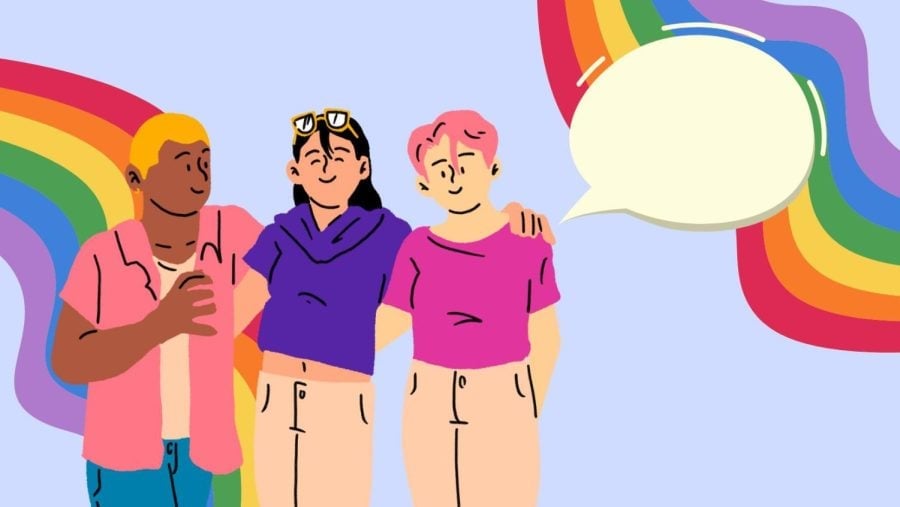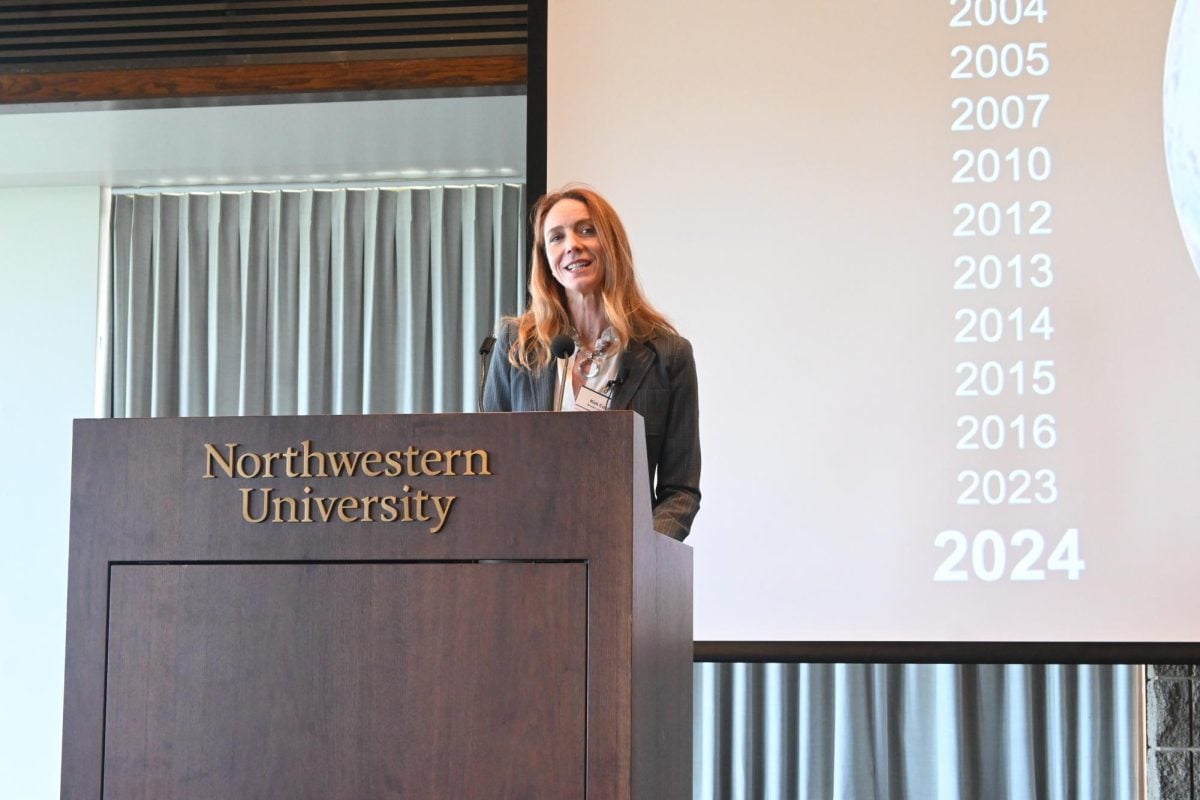When Medill freshman Michelle Chang graduated from high school, her mom gave her a hardbound copy of Leo Tolstoy’s “War and Peace” as a present.
“Once you read this book, you will be forever changed,” Chang’s mom said.
Though Chang said she originally dismissed these words as “corny” and didn’t plan to read the book anytime soon, she is now one of more than 350 students enrolled in Prof. Gary Morson’s class devoted exclusively to “War and Peace” this quarter.
Because Morson rotates his curriculum, he only teaches this Tolstoy class about once every four years.
“Picking up the book for the first time, some students might be halfheartedly intimidated,” said Kolter Campbell, one of the six teaching assistants for the Tolstoy class. “They might be thinking, ‘What the hell have I got myself into?’ But once they are about 100 pages in, they are hooked on it.”
Morson assigns about 140 pages of reading a week so that students will be able to finish the 1,500-page novel in the 10 weeks of Spring Quarter. This is actually less reading per week than required in Morson’s popular fall class, “Introduction to Russian Literature,” in which more than 600 students typically enroll.
Campbell said Morson puts a lot of thought into dividing the reading and making the workload as manageable as possible. This is one way Campbell said he sees the devotion Morson puts into teaching the class, something he wasn’t as aware of when he took the same class as an undergraduate in 2002.
Morson reads key passages aloud in different voices during lecture to mimic the personalities of the characters.
Students are assessed on their ability to analyze these quotations in two essays: one is the midterm and the other is the final exam.
“Students will learn to see great literature as a way to empathize with and understand people and points of view unlike their own,” said Morson, who has been teaching Russian literature at Northwestern for more than 20 years.
The book challenges some of society’s most cherished and perceived ideas of today, Morson said. Students will need to question their personal definitions of what ethics, heroism and significant life events are.
Morson emphasizes themes that are part of the human condition so Tolstoy will always be relevant to the students who are reading his work, Campbell said.
Weinberg senior Adam Janet said he is taking the class to read a good book taught by one of the most renowned experts in the field.
“(Morson) says in his first lecture that he is not going teach about all the literary devices that all these authors use, or he’s not going to waste time talking about historical context,” Janet said. “But it’s more about life lessons from the authors’ point of view.”
Janet said he should be able to finish each week’s reading assignment because he is only taking two classes this quarter but probably would not have taken the class as an underclassman with a full course load. About half of the class members are underclassmen, including Chang, who said she is already behind on the reading after one week.
“I just want to finish the book,” she said. “I think the biggest accomplishment will be reading the book and hopefully enjoying it. Then I will be able to say that I’ve read ‘War and Peace.'”







